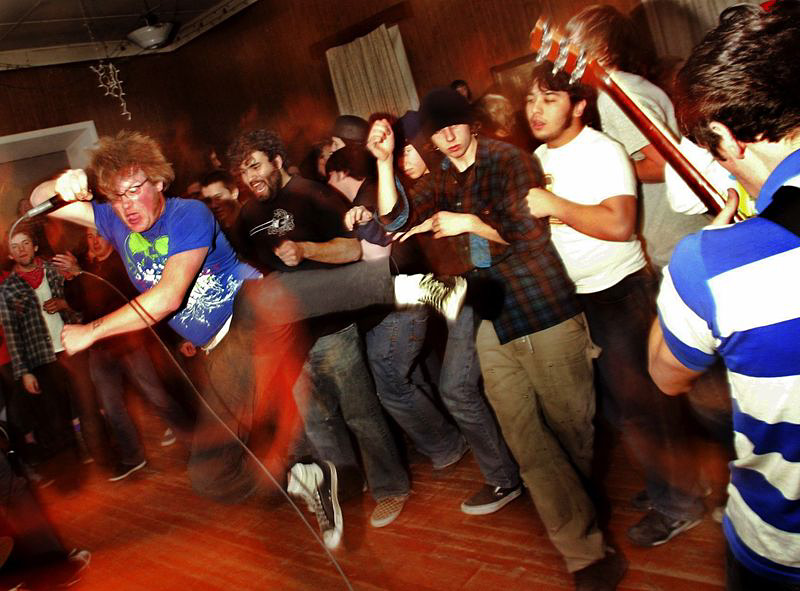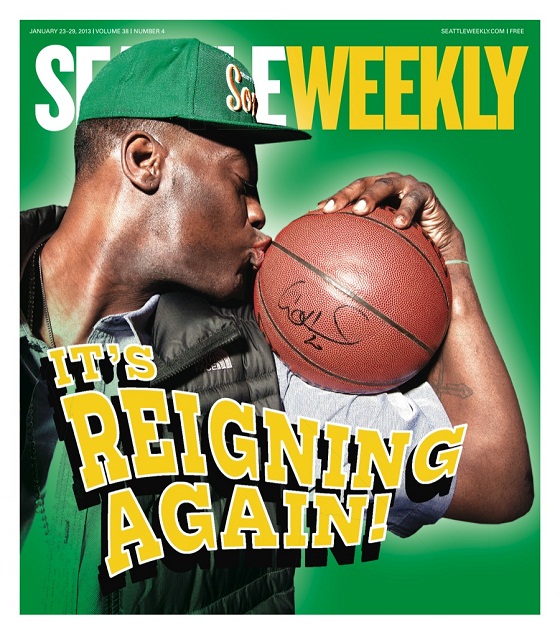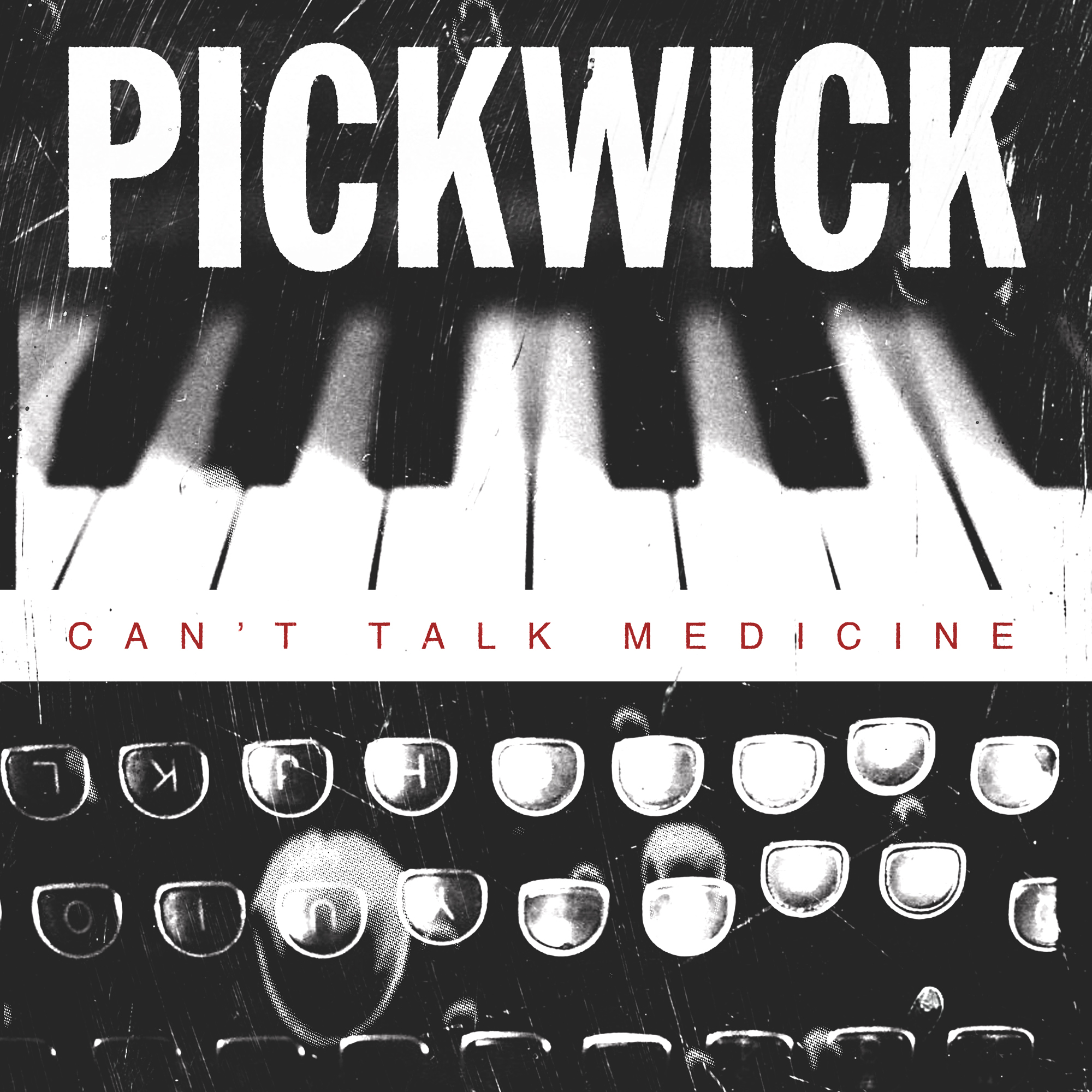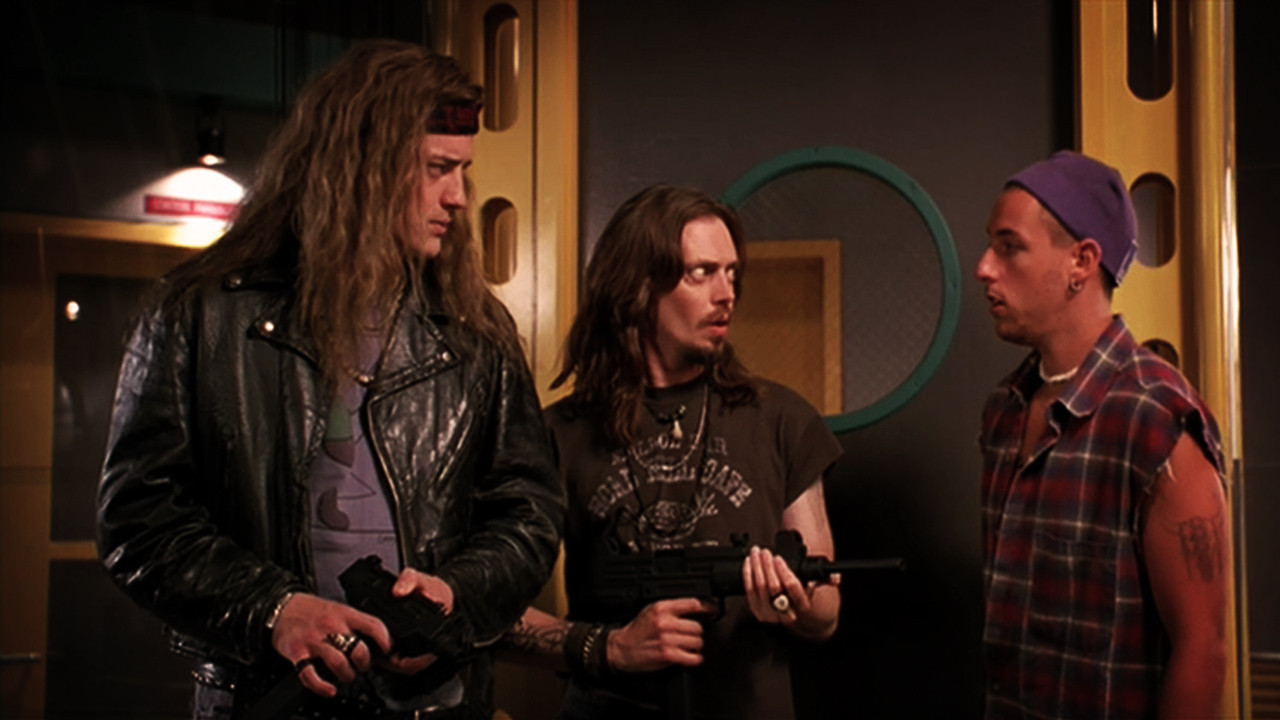When Kile Bleto was a student at Bremerton High, he wrote about bands for his school paper and bounced around with the local scene as it migrated from temporary venue to temporary venue. Then one night in 2004, he climbed onstage at the Roxy Theatre–a church-owned space that occasionally housed all-ages shows–and shouted along with Kane Hodder singer Andrew Moore.
“It felt like a ridiculously big deal back then,” Bleto says. “I hadn’t been in any bands yet or anything, but it was pretty rad.”
In the early and middle parts of this decade, the thriving all-ages scene in Bremerton and Kitsap County didn’t have a centralized home, and being on the other side of the water, it didn’t have hipster cachet. But it did have a ravenous group of underage kids in a scene that included rock, pop, punk, and hardcore bands. At its core were the hardcore band Kane Hodder; their friends, horror-rock act Schoolyard Heroes; a Web site called KitsapBands.com; and an enterprising booker named Josh Kennedy, who ran Big Mouth Music.
“Those were always the best shows, because the kids were so hungry for live music,” says Ryann Donnelly of Schoolyard Heroes, a band that started in bassist Jonah Bergman’s Bremerton garage. “They were incredibly welcoming to it. We always looked forward to those shows; it was really special.”
On Saturday night, Kane Hodder and Schoolyard Heroes will reunite with their classic lineups for one final show at El Corazon before hanging it up. The night before, Kane Hodder will play a Big Mouth–booked show at Bremerton’s Coffee Oasis. It’ll be Hodder’s—as well as Kennedy’s—last Bremerton show, and will mark the end of an era for the all-ages scene in Bremerton and Kitsap County.
“I always told Eric [Christianson, Kane Hodder guitarist] that their last show would be my last show,” Kennedy says, “just because the scene over here is pretty much dead.”
In its prime, the Kitsap County scene operated like this: Kennedy scouted venues, booked the bands, and posted show info on KitsapBands.com, where he could tell from the post’s response what size of crowd to expect. The venue du jour moved frequently, from an indoor skate park in Port Orchard (“The Hole”) to the Grange Hall on Bainbridge Island, basements around town, and a Bremerton coffee shop called Rush’s, among others.
“There was a lot of kids going to shows back then,” says Kennedy, whose Big Mouth shows featuring Hodder or Schoolyard brought in several hundred kids a night. “There were a lot of younger bands who were maturing at the time, and kids would see Kane Hodder and go ‘Wow, that’s crazy!’—and [the shows] just caught a really large fan base really quickly.”
Kane Hodder’s Moore contends that the band’s devout following in Bremerton—a city that spawned Death Cab’s Ben Gibbard, Geologic of Blue Scholars, and Quincy Jones—helped them break into the Seattle market by impressing club owners and peers with their crowds. “The kids over there…they were so dedicated,” Moore says. “And when we would play shows in Seattle, we wouldn’t be coming over alone, we’d be on the ferry with 50, 60, 70 kids from Bremerton. So when we would be playing these shows with these Seattle bands, they’d be looking at us like ‘Who are these people? And how do they have so many people here?'”
But the scene has changed. Today, Kennedy can only get a fraction of the number of kids to come to his shows that he used to. In late 2006, for example, he brought the electro-pop act Joy Electric up from California for a show at Bremerton’s Sons of Norway Hall. More than 200 kids turned out. When he brought Joy Electric back this past May, only about 40 came.
Bleto, who parlayed his experience in the early scene into forming his own band, Is Electric (opening Friday’s show along with fellow Bremerton concern Alligators), agrees that it’s harder to draw crowds nowadays. “Usually you have to have at least one band that everyone’s heard of for there to be any good turnout at all,” he says. “Back in the day, we had just unknown bands who’d show up and play, and tons of kids would come out.”
Kennedy attributes this drought to the fact that in recent years no local band has galvanized the scene the way Kane Hodder did. “Maybe [the scene] just ran its cycle,” he says. “Maybe in, like, a year or something, something will happen and there will be this new crop of young bands that are new and original and start drawing people. I’ll keep my ear out, I guess.”
That’s not to say there isn’t an all-ages scene in Bremerton. Though Kennedy and Bleto note that the scene is at a low point, this is also one of the rare times when Bremerton has had something of a permanent venue for all-ages bands. The Charleston Theater books several shows a week—primarily punk shows, plus poppier fare like Alligators—drawing between 40 and 200 kids on Friday and Saturday nights, depending on the act.
“There was always kind of an underground punk scene here. I was always more attracted to that,” says Charleston co-owner Andy More, who opened the venue in April 2008. “In my view, [the scene’s] pretty big right now for the 35,000 people that are in Bremerton.”
Circumstances being what they are, Moore’s still rooting for a festive atmosphere for his band’s farewell performances. “I want the last shows to be more celebrating the awesome time I had with, you know, my best friends who I got to play with and all the people that were there watching us and all that.”








